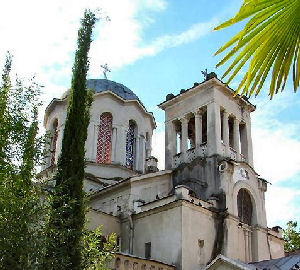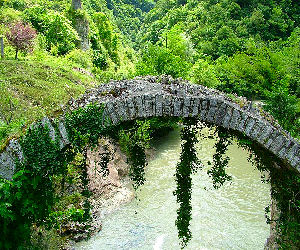
Ten years ago this month, Russia was rocked by a series of mysterious apartment bombings that left hundreds dead. It was by riding the ensuing wave of fear and terror that a then largely unknown Vladimir Putin rose to become the most powerful man in the country. But there were questions about the nature of those bombings - and disturbing evidence that the perpetrators might actually have been working for the Russian government. In the years since then, the people who had been questioning the official version of events began one by one to go silent or even turn up dead. Except one man. Scott Anderson finds him.
The first building to be hit was the barracks in Buynaksk housing Russian soldiers and their families. It was a nondescript five-story building perched on the outskirts of town, and when the enormous truck bomb went off late on the night of September 4, 01999, the floors pancaked onto each other until the building was reduced to a pile of burning rubble. In that rubble were the bodies of sixty-four people - men, women, and children.
In the predawn hours of last September 13, I left my hotel in central Moscow and made for a working-class neighborhood on the city's southern outskirts.








